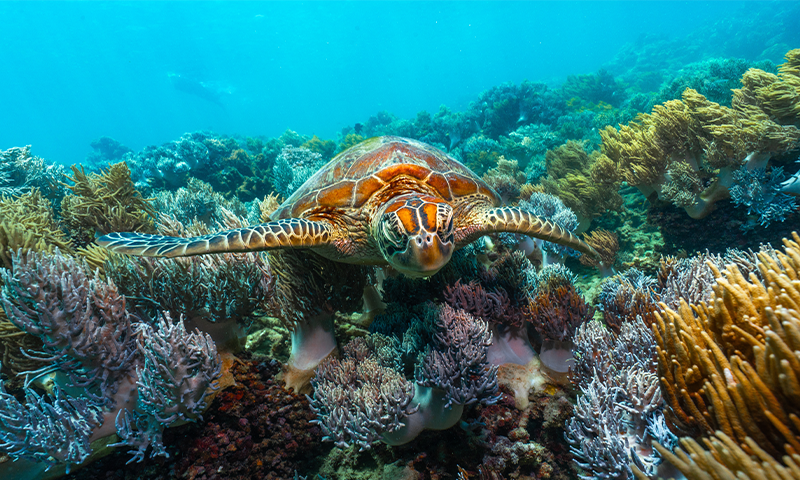Now Reading: Preserving the Deep Ocean: A Shared Global Responsibility
-
01
Preserving the Deep Ocean: A Shared Global Responsibility
Preserving the Deep Ocean: A Shared Global Responsibility

Quick Summary
- The deep ocean is Earth’s largest and least explored biome, storing carbon, regulating climate, and sustaining biodiversity.
- Human activity has impacted the deep sea considerably through fishing, oil drilling, and mineral prospecting-often without fully understanding its ecological value.
- A growing movement emphasizes the need for “regeneration” of ocean ecosystems beyond mere conservation to repair human-caused damage.
- The 2024 Deep Blue Initiative aims to align exploration with environmental duty through three key sectors:
– Marine Biotechnology: Explores microbial life for uses in enzymes and pollutant breakdown with high market potential.
– Deep ocean Energy: Potentially harnesses geothermal energy and geological hydrogen as low-emission energy sources.
– Marine Carbon Dioxide removal: Investigates innovations like alkalinity enhancement to mitigate climate change by utilizing the ocean’s natural CO₂ absorption capabilities.
- Financial innovations include mechanisms like the nature capital Fund (monetizing marine biodiversity) and milestone-based loans for pioneering projects such as subsea robotics or clean energy systems.
- These frameworks aim at global partnerships that balance economic growth with sustainability.
Caption: This drop of seawater holds microbes vital to unexplored ecosystems.
Indian Opinion Analysis
India stands uniquely poised in this ongoing conversation about deep-sea exploration due to its geographic positioning along significant ocean territories within the Indian Ocean. While other countries race ahead technologically or financially in exploring marine biotechnology or renewable energies like geothermal systems from seabeds, India’s domain expertise from organizations like CSIR-NIO (Council of Scientific & Industrial Research – National Institute of oceanography) can be leveraged efficiently.
The emphasis on defining oceans as a “global public good” aligns closely with India’s past advocacy at international forums around equitable resource sharing under frameworks such as UNCLOS (United Nations Convention on Law of Seas). For india, initiatives focusing on marine regeneration could serve dual goals-strengthening environmental stewardship while accelerating research into untapped industries such as bio-prospecting or clean-energy initiatives off coastal regions.
The broader emphasis on sustainable oceans provides an opportunity where financial equity matches local socio-economic stakes; much-needed resilience frequently enough required ensures partnership-bolstering ‘Blue economy backbone-building.”



























